The Amazing Benefits of Mandarin Oranges: More Delicious
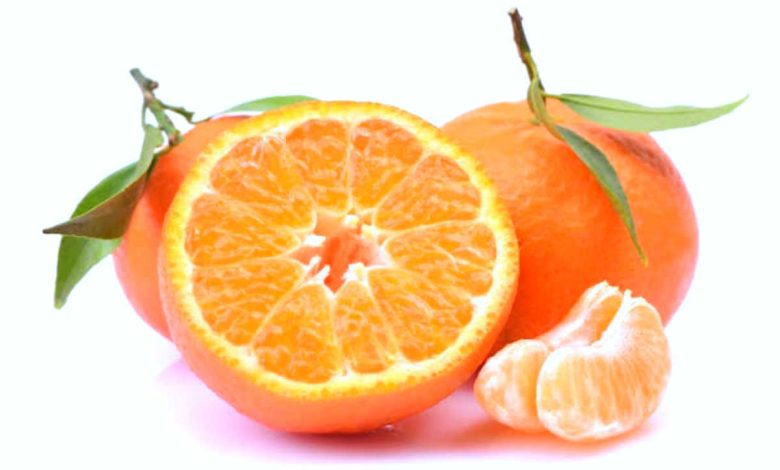
(Health Benefits of Mandarin Oranges)
Mandarin oranges, known for their sweet, refreshing taste and vibrant color, have been cherished for centuries across many cultures. Beyond their flavor and aesthetics, these little citrus fruits pack an impressive array of nutrients and health benefits. In this article, we’ll dive deep into the wide-ranging health perks of mandarin oranges, exploring everything from their role in boosting immunity to promoting skin health, and more. With scientific backing and practical insights, here’s why mandarin oranges are a nutritious powerhouse.

1.Rich in Essential Nutrients
Mandarin oranges are not only tasty but also packed with essential nutrients. Here are some of the key vitamins and minerals in mandarins:
Vitamin C: A single mandarin can provide over 20% of the daily recommended intake of Vitamin C, a powerful antioxidant that boosts immunity and protects cells from oxidative stress.
Vitamin A: Mandarins contain beta-carotene, a precursor to Vitamin A, which is essential for vision health, immune function, and skin vitality.
Folate (Vitamin B9): Folate is crucial for DNA synthesis, making mandarins beneficial for cell health and growth, particularly important for pregnant mothers.
Potassium: Mandarins have a high potassium content, which supports heart health by helping to maintain a healthy blood pressure.
In addition to these core nutrients, mandarins contain magnesium, calcium, and phosphorus in smaller quantities. Collectively, these nutrients contribute to overall wellness and make mandarin oranges a nutrient-dense, low-calorie snack.

2.Boosting Immune Health
Mandarins are best known for their high Vitamin C content, and this vitamin is a well-known immune booster. Vitamin C stimulates the production of white blood cells, which are essential for fighting infections. Furthermore, the antioxidant properties of Vitamin C help reduce inflammation, making it easier for the immune system to function effectively. Regular consumption of mandarins can potentially shorten the duration of common colds and other mild infections.
Moreover, mandarins also contain other immune-supportive compounds, such as flavonoids and beta-carotene, which work together to promote a robust immune response. Research suggests that diets high in Vitamin C-rich fruits like mandarins can lower the risk of chronic diseases, such as cardiovascular disease and some forms of cancer.
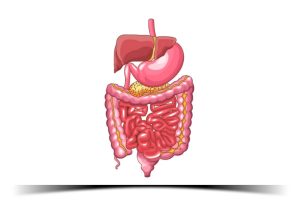
3.Support for Digestive Health
Mandarins are an excellent source of dietary fiber, which plays a vital role in maintaining a healthy digestive system. Fiber aids in regular bowel movements and can help prevent constipation. By adding bulk to stool, it reduces the risk of developing digestive disorders like diverticulitis and may even prevent colon cancer.
Dietary fiber in mandarins can also support a healthy gut microbiome by acting as a prebiotic. Prebiotics are a type of fiber that feeds the beneficial bacteria in the gut, promoting balanced gut flora. A healthy gut microbiome is associated with numerous benefits, including improved digestion, better mental health, and enhanced immune function.

4.Benefits of mandarin oranges for good heart health
Several nutrients in mandarin oranges are beneficial for cardiovascular health. High levels of potassium help regulate blood pressure by balancing sodium levels in the body. Potassium acts as a vasodilator, helping to ease tension in blood vessels and lowering the risk of hypertension.
Furthermore, antioxidants in mandarins, such as flavonoids and Vitamin C, can help reduce inflammation and prevent the buildup of cholesterol in the arteries. Flavonoids like hesperidin are known for their ability to improve blood vessel function and reduce oxidative stress on the heart. Regular consumption of mandarin oranges may help reduce the risk of heart disease, stroke, and other cardiovascular complications.
5.Natural Weight Management Aid
Mandarins are a low-calorie fruit, making them an ideal choice for those looking to manage their weight. They contain natural sugars that satisfy sweet cravings without leading to rapid spikes in blood sugar, thanks to their fiber content. The fiber in mandarins not only aids digestion but also promotes a feeling of fullness, reducing overall calorie intake throughout the day.
A medium-sized mandarin contains around 50 calories and no fat, which makes it a healthy and satisfying snack. Unlike many processed snacks, mandarins offer both flavor and satiety, contributing to a balanced diet that supports weight management.
6.Antioxidant Properties for Skin Health
The antioxidants in mandarin oranges, particularly Vitamin C, are powerful agents in skin health. Antioxidants help neutralize free radicals, which can damage skin cells and accelerate aging. Regular consumption of Vitamin C-rich fruits like mandarins can promote collagen synthesis, helping to maintain firm, youthful skin.
Mandarin oranges also contain beta-carotene, which converts into Vitamin A in the body. This vitamin plays a critical role in skin cell regeneration and protection against UV damage. Topical application of mandarin orange essential oil is also common in skincare due to its anti-inflammatory and anti-aging properties, promoting clear, radiant skin.
7.Anti-Inflammatory Benefits
Chronic inflammation is a contributor to many health issues, including arthritis, heart disease, and even some forms of cancer. Mandarin oranges contain bioflavonoids, which have potent anti-inflammatory effects. These compounds help inhibit inflammatory responses in the body, potentially reducing the risk of chronic diseases.
Hesperidin, a bioflavonoid present in mandarins, has been shown in studies to reduce inflammation markers. Regular consumption of mandarins may help those with inflammatory conditions, such as arthritis, by lowering inflammation levels in the body and reducing symptoms like joint pain.
8.Benefits of mandarin oranges for bone care
Mandarin oranges contain small amounts of calcium, magnesium, and phosphorus, all of which are essential for bone health. While mandarins are not as calcium-dense as dairy or leafy greens, they contribute to an overall diet that supports bone density and health. The Vitamin C content in mandarins also supports collagen formation, which is important for the strength and flexibility of bones and cartilage.
Consuming mandarins as part of a diet rich in fruits, vegetables, and whole foods can support overall bone health, particularly when combined with weight-bearing exercise and adequate vitamin D intake.
9.May Improve Brain Function
Citrus fruits, including mandarins, are linked to improved cognitive health. The antioxidants in mandarins help combat oxidative stress, which has been implicated in age-related cognitive decline. Vitamin C in mandarins protects neurons from damage, which can help in maintaining mental clarity and memory function as we age.
Research also suggests that diets high in citrus fruits may reduce the risk of neurodegenerative diseases like Alzheimer’s and Parkinson’s disease. Some flavonoids in mandarins are thought to interact with brain chemistry, providing a protective effect on brain cells and possibly enhancing memory and learning.
10.Promotes Hydration and Electrolyte Balance
Mandarins are composed of nearly 85% water, which helps keep the body hydrated. Staying well-hydrated is essential for every bodily function, from circulation to digestion. The natural water content in mandarins, combined with electrolytes like potassium, helps maintain fluid balance in the body.
For those who are active or live in hot climates, mandarin oranges offer a refreshing way to replenish water and essential electrolytes. Unlike sugary sports drinks, mandarins provide hydration with natural sugars, vitamins, and minerals, supporting healthy hydration without added calories or artificial ingredients.
11.Benefits of mandarin oranges for good eye health
Mandarins are rich in Vitamin A and beta-carotene, both of which play crucial roles in eye health. Beta-carotene is converted into Vitamin A in the body, which is essential for maintaining good vision and preventing age-related macular degeneration, one of the leading causes of vision loss.
The antioxidant properties of Vitamin C and beta-carotene also help prevent oxidative stress in the eyes, protecting against cataracts and other age-related vision issues. Including mandarins in your diet is an easy way to support your vision, particularly as you age.
12.Improves Respiratory Health
Mandarins contain a wealth of nutrients that can support respiratory health. The Vitamin C and beta-carotene in mandarins help protect lung cells from damage caused by pollution, smoking, or other environmental factors. In addition, Vitamin C has anti-inflammatory properties that can benefit people with respiratory conditions like asthma by reducing inflammation in the airways.
Furthermore, research suggests that people with high levels of Vitamin C in their diet are less likely to develop conditions such as chronic obstructive pulmonary disease (COPD). The natural hydration and anti-inflammatory properties of mandarins make them beneficial for those seeking to maintain healthy lung function.
13.Fights Against Free Radicals and Aging
Mandarins contain several potent antioxidants, including flavonoids, beta-carotene, and Vitamin C, which fight against free radicals. Free radicals are unstable molecules that can cause damage to cells, leading to aging and diseases. By neutralizing free radicals, antioxidants in mandarins may help slow the aging process and prevent chronic illnesses associated with oxidative stress.

How to Incorporate Mandarins into Your Diet
Incorporating mandarins into your diet is simple and delicious. Here are some practical ways to enjoy them:
- As a Snack: Mandarins are portable and easy to peel, making them a convenient snack for on-the-go nutrition.
- In Salads: Add mandarin slices to salads for a burst of sweetness and extra Vitamin C.
- Juice or Smoothies: Use fresh mandarin juice as a base for smoothies or as a refreshing drink on its own.
- Desserts: Incorporate mandarins into desserts, such as yogurt parfaits, fruit salads, or even as a topping for cakes.

Conclusion
Mandarin oranges are more than just a tasty snack – they’re a nutritional powerhouse that offers a variety of health benefits. Immunity and supporting heart health to promoting skin vitality and aiding digestion, mandarin oranges provide an impressive array of benefits. These small citrus fruits are packed with essential vitamins, minerals, and antioxidants that contribute to overall wellness and help reduce the risk of various chronic diseases. Including mandarins in your diet is not only easy but also an enjoyable way to enhance your health naturally.
Whether you eat them as a quick snack, add them to salads or smoothies, or use their zest in cooking, mandarins are versatile and bring a delightful flavor to many dishes. Their benefits extend beyond mere nutrition; they offer a holistic boost to body and mind, promoting everything from immune resilience to cognitive health. The next time you reach for a snack, consider choosing a mandarin orange. Small and vibrant, these fruits are a delicious addition to a balanced diet that nurtures a healthier, happier life.
In a world where nutrient-rich foods are crucial for maintaining health and vitality, mandarin oranges stand out as a true superfood. Embrace the many benefits they have to offer and enjoy the natural goodness that mandarins bring to every bite.
Frequently Asked Questions (FAQ)
We have already learned about the benefits of mandarin oranges – now let’s find out the answers to some very important and frequently asked questions from our readers.
1.Is mandarin orange really a healthy fruit?
✅Yes, it is undoubtedly a healthy fruit. Its benefits go far beyond its appearance. Mandarin oranges are rich in fiber, vitamin C, and antioxidants. These nutrients are highly beneficial for the body.
2.Can mandarin oranges help with weight loss?
✅Absolutely! They are low in calories and high in fiber. Eating mandarin oranges helps you feel full, which reduces the tendency to overeat. As a result, they can support your weight loss journey.
3.Are they beneficial for the skin?
✅Mandarin oranges are often called a true friend of the skin. They contain a high amount of vitamin C, which helps boost collagen production, enhances skin radiance, and improves texture. Regular consumption may even help reduce acne and dark spots.
4.Can children eat them?
✅Yes, children can safely eat mandarin oranges—provided they are over one year old. For first-time consumption, it’s wise to offer a small amount and monitor for any allergic reactions.
5.How much is safe to eat per day?
✅Generally, eating 1–2 medium-sized mandarins per day is safe and beneficial for most people. However, those with diabetes should consume them in moderation or follow a doctor’s advice.
6.How can you get the most benefit from eating them?
✅The best way to consume mandarin oranges is to eat them fresh. You can also enjoy them in salads, smoothies, juices, or even desserts. Avoid adding artificial sugar for better health. Also, it’s a good idea to soak them in clean water for 30 minutes and wash thoroughly before eating.
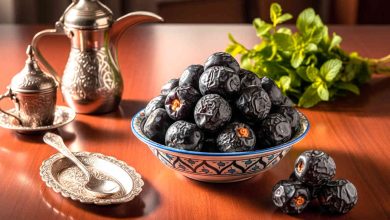
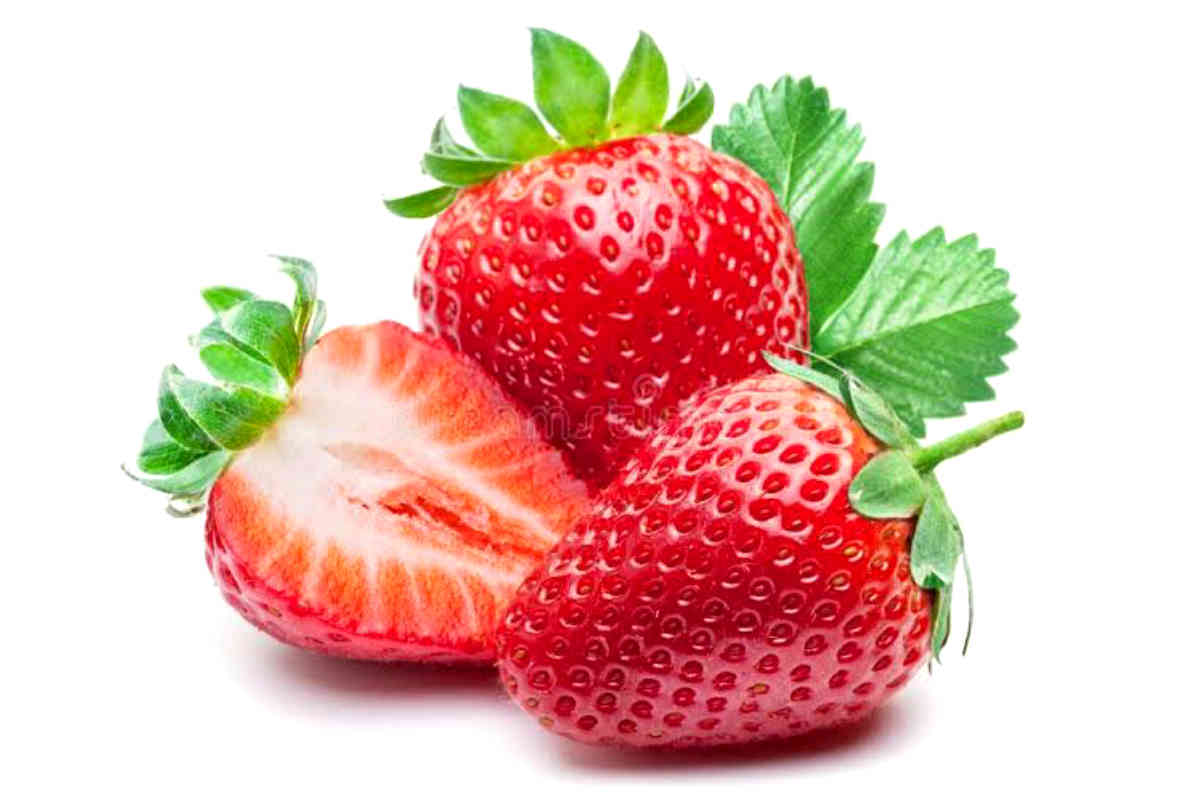
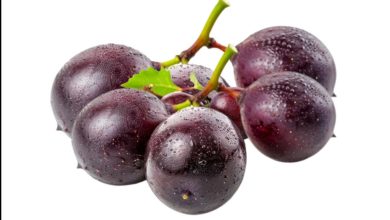
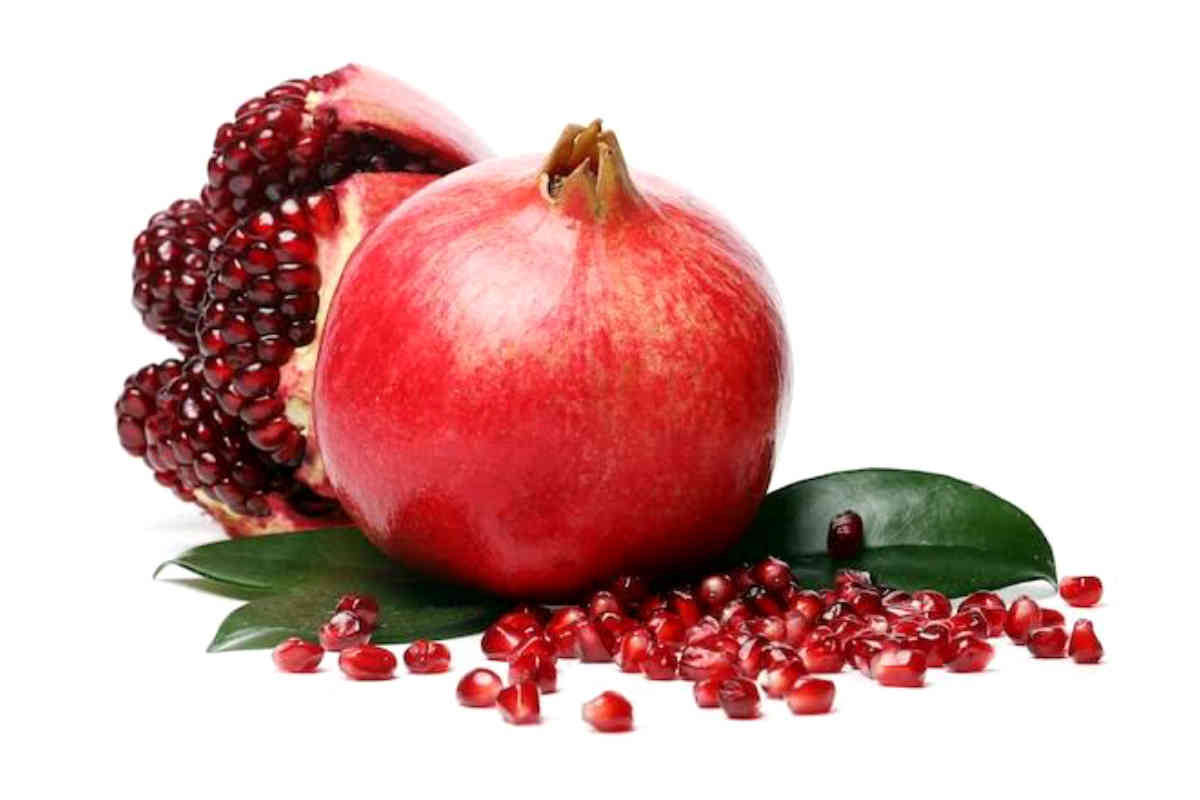

One Comment